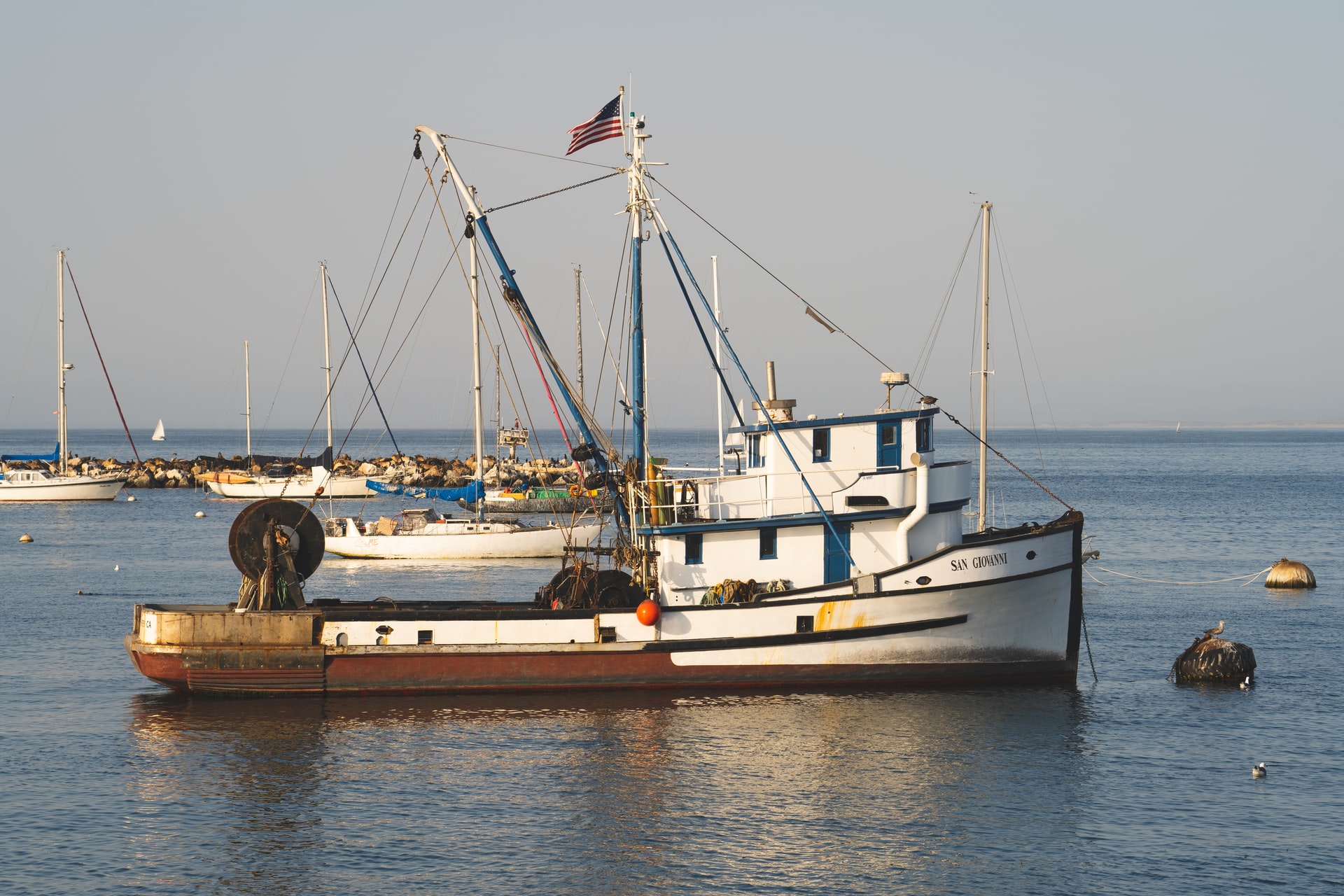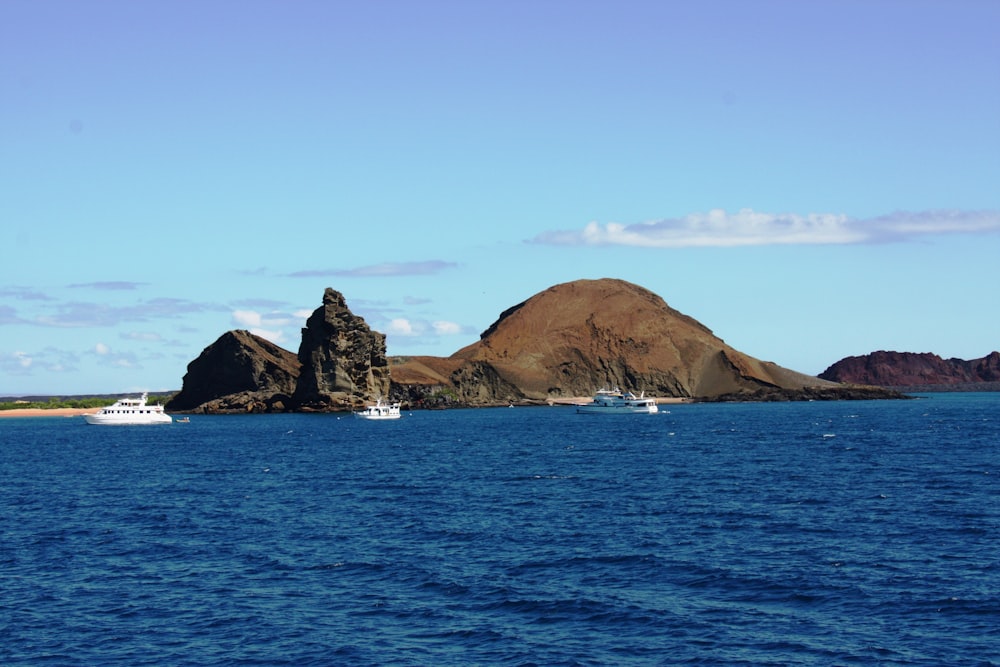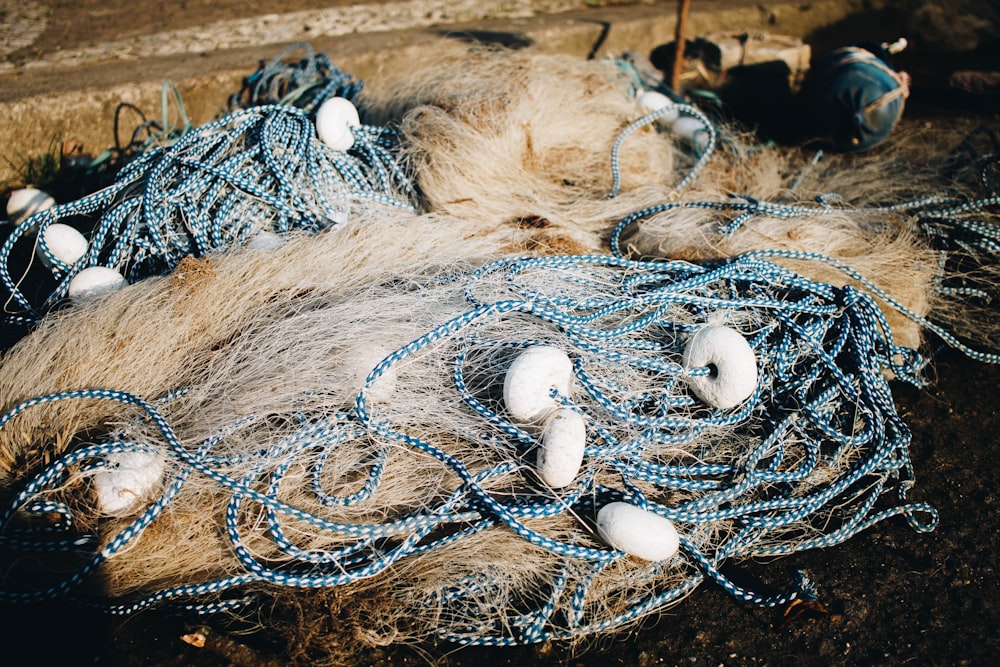What Can We do about Overfishing Right Now?

When I was a kid, I wanted to learn how to fish. I would see it in the movies or at the pond in my hometown, where parents and children laughed as they reeled in their catches, small but nevertheless meaningful. As I got older, I saw less and less people doing it for fun, and heard more and more about big corporations taking over the oceans. I would come home and see advertisements for shows where fishing meant competing to reel in as many sea creatures as you could as quickly as you could, with little to no regard for the wildlife that got caught up in the fight. The enjoyment was gone, and now, so are the fish.
What Can Be Done?
Thankfully, there are already some great projects in the works to stop overfishing and get the oceans back on track, and multiple success stories to go with them.
The World Wildlife Fund (WWF) has started the fight against overfishing by working with the global markets to arrange price changes that reflect the seasons in which certain species are available. They are also creating and expanding countless marine protected areas, and addressing the lack of regulation in the fishing industry as a whole.
There have also been countless reports that genetically-modified fish may soon become part of the average diet, shelved alongside many other engineered products. This will make a positive impact on the overfishing problem and help curb the demand for ocean products, however both sides have a lot to say when it comes to the health benefits and risks that come with genetically-modified foods overall.

As for a success story, look no further than the Galapagos Islands! Once a beautiful oasis for a plethora of various marine wildlife, the Galapagos too fell prey to overfishing in the 1980’s and 1990’s. Scared for what would become of the islands, local communities banded together and got the area declared off-limits for fishing. Due to their efforts, it took a little over 20 years to get the populations back to where they were, and biomass increased an unbelievable 460% in 10 years.
Facts & Stats
Why is overfishing such a pressing problem? Let’s go over some statistics behind overfishing. Don’t let the numbers scare you, just use them as inspiration for ways we can better our planet.
- 33% of global fish species are overfished (some to extinction), and 60% of global fish species are at max capacity, meaning they are on the cusp of being declared overfished
- Over the past 40 years, there has been a roughly 40% decrease in marine species
- If things continue this way, it’s estimated that every fishery across the globe will fail by the year 2048 — just 27 years from now
What YOU Can Do!
The best things for you as a consumer to do is make educated decisions about your own intake of fish, and donate to organizations dedicated to stop the onslaught of overfishing.

Using a platform known as FishWatch, you can easily look up different species of fish that you enjoy including in your diet, and get a bunch of different facts on the state of overfishing. This database gives you a status on population level, habitat impacts that fishing takes, the rate at which they are fished, the probabilities of bycatch, and the season in which they are readily available. Outside of that, it also gives you information regarding the taste, color, source, texture, health benefits, and basic scientific facts to satisfy your environmental, educational, and hunger needs!
For more information or places to donate, see the Environmental Defense Fund (EDF), GreenPeace International, Sea Shepherd Conservation Society (SSS), or the World Wildlife Fund (WWF).
I hope you will all join me in the effort to curb overfishing, and make informed decisions about the seafood we eat. With the worrying numbers of endangered species climbing up each and every day, we don’t have too long to “mullet” over. Now is the time to take action, and speak up for our oceans!


Leave a Reply